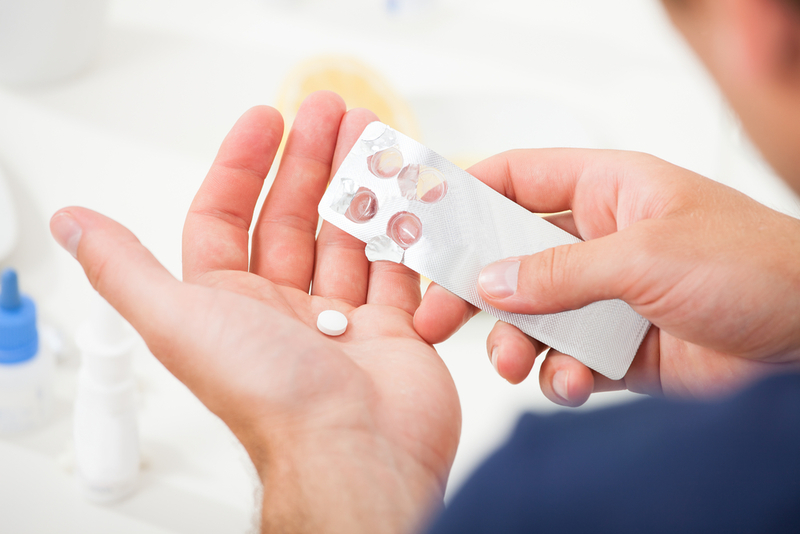Cheap, older gout drug could be a lifesaver after heart attack: AHA Scientific Sessions 2019
MedicalXpress Breaking News-and-Events Nov 20, 2019
A cheap drug that's been around for centuries as a gout treatment might also shield heart attack survivors from future heart crises, new trial results show. The drug, colchicine, is derived from a plant called the autumn crocus, researchers explained on November 16 at the annual meeting of the American Heart Association, in Philadelphia.

In the new trial, colchicine reduced by as much as 34% a heart attack survivor's combined risk of either dying from heart disease or having cardiac arrest, a heart attack, a stroke or angioplasty.
Experts described the study as a "landmark" effort.
"These results provide confirmation that inflammation management reduces cardiovascular risk, and it was an example of a successful repurposing of a broadly available and relatively safe generic drug for a new application," said Dr. Aruna Pradhan, a preventive medicine doctor at Brigham and Women's Hospital in Boston.
Colchicine currently is used to treat gout and pericarditis (inflammation of the heart's lining), two conditions caused by inflammation, said lead researcher Dr. Jean-Claude Tardif, director of research at the Montreal Heart Institute.
"You just give a few tablets of colchicine and the pain, the warmth, the redness, all the inflammatory signs go away," Tardif said.
Tardif and his colleagues reasoned that colchicine might be able to reduce the risk of future heart problems by lowering inflammation in heart attack patients.
The trial involved more than 4,700 heart patients, with about half given daily low-dose colchicine taken by mouth and the rest provided a placebo. Nearly all patients also received the drug regimen normally prescribed to heart attack survivors—aspirin, blood thinners, statins, and/or beta blockers.
Three years later, results showed that people on colchicine fared significantly better than those taking a placebo.
Besides the 34% reduction in all adverse heart events, the trial also found that patients taking colchichine had a 74% reduction in stroke risk, and a 50% reduction in their likelihood of being rushed to hospital for angioplasty/stenting after suffering chest pain.
The drug also appears to be safe. The most concerning side effect appears to be an increased risk of pneumonia, which affected about 1% of colchicine patients. Pradhan said pneumonia risk might be affected by the drug's effect on inflammation.
Tardif said his research team is proceeding with a second trial focusing on heart risk among patients with type 2 diabetes.
Based on these findings, heart doctors will be thinking long and hard about adding colchicine to the drug cocktail prescribed to heart attack patients, said Dr. Donald Lloyd-Jones, chair of preventive medicine at Northwestern University Feinberg School of Medicine.
"When you have a safe drug that is easily available, it's going to be hard to hold this back," Lloyd-Jones said.
The trial was funded by the provincial government of Quebec and received no drug company funding. However, colchicine's new promise already appears to be affecting its sticker price, even though it's a generic drug, Lloyd-Jones added.
He said that he recently saw a patient with gout on Thursday who complained that his colchicine prescription costs had unexpectedly skyrocketed.
"He told me that just in the last month, his colchicine out-of-pocket costs went from $50 to $270 a month in Chicago," Lloyd-Jones said. "I really wonder whether there's some gaming going on here, and I do not want to see that."
Tardif expressed shock, given colchicine's low cost in Canada.
"There's something wrong with a system where 90 minutes away you get a drug for 50 times less what others are paying," Tardif said, referring to what his patients pay in Montreal, an hour-and-a-half flight away.
The results were also published Saturday in the New England Journal of Medicine.
—Dennis Thompson, Healthday Reporter
-
Exclusive Write-ups & Webinars by KOLs
-
Daily Quiz by specialty
-
Paid Market Research Surveys
-
Case discussions, News & Journals' summaries